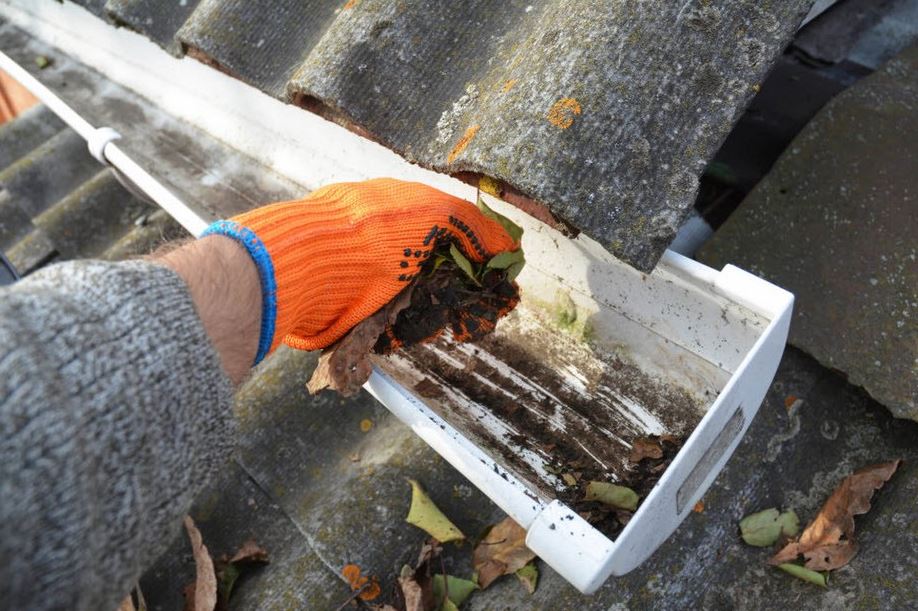When buying a pool cue, you must consider several factors: weight, material, construction, and shaft diameter. These factors will determine the quality of your pool cue. You should also keep in mind that there are many different types of pool cues, so you should pick one that suits your preferences and your budget. You can visit the PoolCueGuide site to discover the different types of pool cues and make your final decision easier.
Material
There are many different types of pool cues available on the market. You can choose a wood pool cue for its long history of durability and playability, or you can choose a synthetic or composite pool cue that is lighter and more durable. Wood cues are among the most popular choices for pool players. Still, there are also fiberglass and graphite cues that offer unique advantages and are more affordable.
Construction
The construction of the best pool cue is mainly dependent on the material. Traditional pool cues are typically made of wood. However, other materials, such as ebony, rosewood, and black wood, are also popular. Wood provides a natural feel to the cue and is often preferred for its durability and sensitivity. However, wood can warp over time and requires more maintenance than other materials. Listed below are some factors to consider when choosing a cue.
The sleeve of the cue is made from leather or Irish linen. Although some pool cues do not have a wrap, most do. Leather and Irish linen are used for wraps. They are wrapped by hand or with machine movements to ensure the wrap is secure. Quality cues often have a hand-pressed wrap. The construction of the pool cue can be made from dozens of woods.
Weight
You can adjust the weight of a pool cue to suit your style and weight. Most pool cues are around 57 inches or 58 inches long, but some are shorter and can be used by younger players. Specialty cues can be made up to 61 inches long. Many professionals use custom cues that are a bit longer than standard cues. Here are some tips on getting the best cue for your needs.
Shaft diameter
Buying the best pool cue can be complicated. There are four primary factors to consider. First, determine your hand size. Many pool cues come with one specific shaft diameter, while some are tapered and taper more toward the tip. The shaft diameter of a pool cue is the most significant determining factor for comfort. The best pool cue shaft diameter should be at least 12mm, but you can choose a larger one.
Consider the shaft diameter and weight of the cue. The size of the shaft is crucial to getting the right amount of power when aiming. Shaft diameter is also critical, as it is the measurement that connects the pool shaft to the butt. The predator REVO 12.4 is one of the most accurate shafts on the market. These cues can accommodate both British and American pool games. Standard-length 57-inch cues are ideal for most adult players. For travel, a 3-piece pool cue is best. But if you play mostly at home, a 1-piece pool cue is probably fine.
Wraps
There are many different types of wraps available for pool cues. You can choose leather, rubber, linen, or Irish linen. For hard shots, a leather wrap is recommended. While it won’t offer the most excellent precision, it will be inexpensive and durable enough to withstand spilled beer. The opposite is true for finesse players, who should stick with a less-grippy material. Nylon wraps are a cheaper alternative but aren’t as comfortable.
Warranty
When buying a pool cue, it is essential to look for the manufacturer’s warranty. A warranty will cover any damage caused by misuse. Usually, a broken pool cue results from side pressure or being slammed into the table. Sometimes, a pool cue may be held behind someone’s neck while stretching, which can break it over the head of a competent opponent. But in many cases, the manufacturer’s warranty covers the cue for life.



More Stories
Timber Dining Tables | Why They Should Be Your Number 1 Choice
How to Use Microwave with Oven Functions for Quick and Easy Cooking
Jersey Shore condo to Beach Townhouse Update